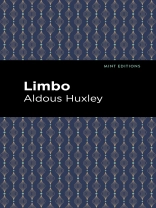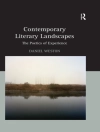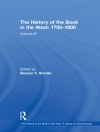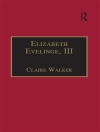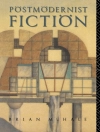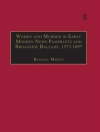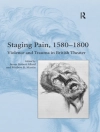Limbo (1920) is a collection of short fiction by English author Aldous Huxley. Mostly satirical, Huxley’s novella, play, and four short stories show a promising writer at the very beginning of his career.
In the novella “The Farcical History of Richard Greenow, ” Huxley satirizes the lives of his friends and acquaintances at Eton and Oxford. Richard Greenow, a young writer, spends his days as a politically engaged academic. At night, however, he writes fiction for women, crafting stories and serialized novels he sells to a prominent women’s magazine. Finding success, he realizes there is a woman inside him, a writer named Pearl Bellairs who is as much a part of his identity as Richard Greenow is. When war breaks out, however, he must choose between his principled pacifism and his fear of prison, a decision that pits his two unique identities against one another. “Happily Ever After, ” a story set during the First World War, follows Peter Jacobsen, “ a man with no nationality and no prejudices, ” as he travels across the Atlantic to visit Pemberton, his old friend from Oxford and a renowned scholar of philosophy. As friends and family converge on the stately Petherton home, a classic comedy of manners ensues. Limbo is an early collection of fiction from Aldous Huxley, presaging his satirical and dystopian novels with their abundant wit and unsparing, unmatched ire.
This edition of Aldous Huxley’s Limbo is a classic of English literature reimagined for modern readers.
Since our inception in 2020, Mint Editions has kept sustainability and innovation at the forefront of our mission. Each and every Mint Edition title gets a fresh, professionally typeset manuscript and a dazzling new cover, all while maintaining the integrity of the original book.
With thousands of titles in our collection, we aim to spotlight diverse public domain works to help them find modern audiences. Mint Editions celebrates a breadth of literary works, curated from both canonical and overlooked classics from writers around the globe.
عن المؤلف
Aldous Huxley (1894-1963) was an English writer and philosopher. Born in Godalming, Huxley—the grandson of famed zoologist Thomas Henry Huxley and grandnephew of poet and critic Matthew Arnold—was raised in a family with wide-ranging intellectual interests. He attended Eton College as a youth before enrolling at Balliol College, Oxford, where he studied English literature and edited Oxford Poetry. An eye disease Huxley contracted around this time ended his hopes of studying medicine and serving in the Great War, and he instead graduated with a BA in 1916. After a brief stint teaching French at Eton College—among his pupils was Eric Blair, later to write under the pen-name George Orwell—and several years working for Brynner and Mond, a chemical company, Orwell began writing in earnest. The first decade of his career saw him publish four novels, including Crome Yellow (1921) and Point Counter Point (1928). These early works of social satire, inspired in part by his acquaintance with members of the Bloomsbury Group, including Bertrand Russell and Alfred North Whitehead, as well as by his friendship with D.H. Lawrence, gave way in the 1930s to more serious works of fiction, including the dystopian classic Brave New World (1932) and Eyeless in Gaza (1936), a novel with pacifist themes. In 1937, Huxley moved with his wife, Maria, and son, Matthew, to Los Angeles, where he would live, apart from a period in Taos, New Mexico, for the rest of his life. Over the next three decades, Huxley continued to publish award-winning works of fiction, devoted himself to Vedantism, and wrote works on mysticism, Eastern and Western philosophies, and the use of psychedelic drugs.
